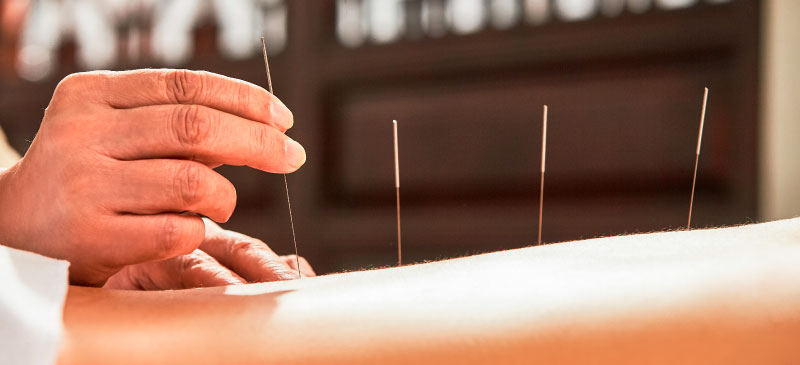
Understanding Acupuncture: An Ancient Healing Practice
Introduction:
Acupuncture, a time-honored therapeutic technique with its roots in ancient China, has gained recognition as an effective alternative medicine approach. By strategically inserting thin needles into specific points on the body, acupuncture aims to restore balance and stimulate the flow of energy, known as Qi, within the body’s meridian system. This comprehensive article delves into the fundamentals of acupuncture, exploring its potential benefits, mechanisms of action, safety considerations, and its integration into holistic healthcare.
Section 1:
The Principles of Acupuncture Acupuncture revolves around the fundamental principle of promoting the body’s natural healing abilities. Practitioners believe that by targeting specific acupuncture points, which are interconnected by meridians, they can address imbalances and blockages in the flow of Qi. These points are carefully selected based on individual needs, allowing for personalized treatment approaches. By restoring the harmonious flow of energy, acupuncture aims to alleviate various physical and mental ailments, paving the way for overall well-being.
Section 2:
The Potential Benefits of Acupuncture The therapeutic potential of acupuncture extends to a wide range of conditions. Research and clinical experience suggest that acupuncture may be effective in managing pain, reducing stress and anxiety, improving sleep quality, alleviating digestive issues, boosting immune function, and addressing hormonal imbalances. Moreover, acupuncture is often employed as a complementary therapy for chronic conditions, such as arthritis, migraines, and fibromyalgia, enhancing conventional treatments and providing a holistic approach to healing.
Section 3:
Unraveling the Mechanisms of Acupuncture While the precise mechanisms of how acupuncture works are still under scientific investigation, several theories offer valuable insights. Acupuncture is thought to influence the nervous system, triggering the release of natural pain-relieving chemicals, such as endorphins, and activating pathways that modulate pain perception. Furthermore, research suggests that acupuncture may have an impact on neurotransmitters, neurohormones, and immune responses, highlighting its potential to regulate various physiological processes.
Section 4:
Safety Considerations When performed by trained and licensed professionals, acupuncture is generally considered safe. The utilization of sterile, disposable needles minimizes the risk of infections. However, it is important to disclose all relevant medical information to the practitioner beforehand, as certain conditions, such as bleeding disorders or a compromised immune system, may require special precautions. Additionally, individuals who are pregnant or have specific medical devices, such as pacemakers, should seek guidance from their healthcare provider before undergoing acupuncture.
Section 5:
Integration into Holistic Healthcare Acupuncture is frequently integrated into comprehensive healthcare approaches that recognize the interconnectedness of the body, mind, and spirit. By addressing the underlying imbalances and restoring harmony, acupuncture aligns with the principles of holistic medicine. It can complement conventional treatments, serving as an adjunct therapy to enhance outcomes and improve overall well-being. Collaborative efforts between acupuncture practitioners and other healthcare providers foster an integrative approach that acknowledges the diverse needs of patients.
Conclusion:
Acupuncture, an ancient healing practice that has stood the test of time, offers a unique perspective on health and wellness. By tapping into the body’s innate healing abilities, acupuncture provides a holistic approach to address various physical and mental conditions. As ongoing research continues to shed light on its mechanisms of action, acupuncture is increasingly recognized as a valuable therapeutic modality. With its emphasis on balance, harmony, and personalized care, acupuncture has the potential to enhance the quality of life and contribute to the well-being of individuals seeking comprehensive healthcare solutions.